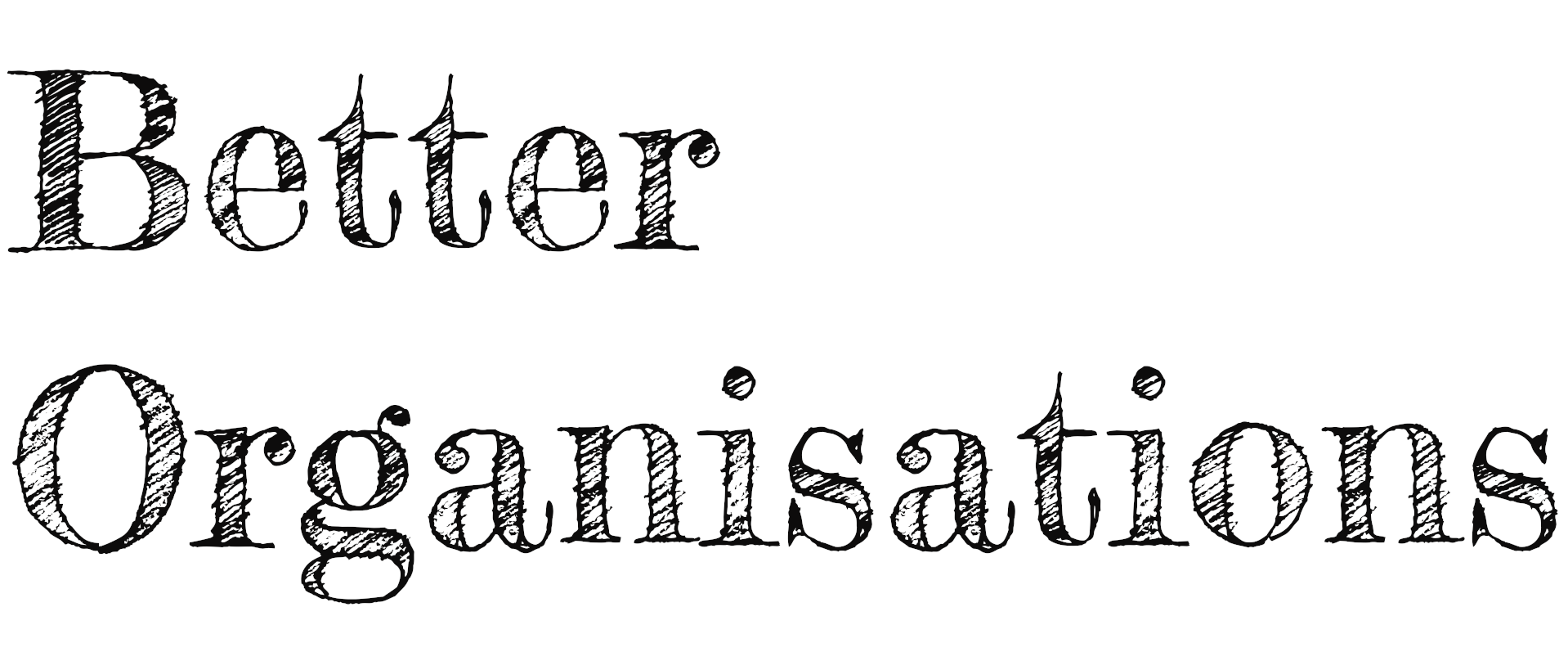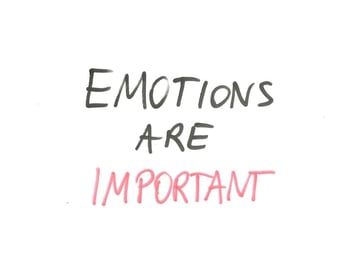Let me share my approach to listening in which I see as a bit of life wisdom? If somebody is telling me something (doesn’t matter what it is, or how unpleasant it might be), I always try to process this communicate in the following steps:
-
What has it been said actually? I try to focus on the informational side of the message. What the message is about? Is it about facts? Are there any evidence for it? What is the quality of this evidence? Is it a matter of opinion?
-
How has this been said to me? How the message has been verbalised? Can I say anything about the intention? Were there any emotions involved into it? Am I sure that the way of verbalising the message doesn’t cover up the message of itself?
-
Who has made the message? Who is the sender? What is the person’s position, experience, skills and background to formulate this message?
I think it’s a worthwhile treating people based on their approach to work, rather than the position which they currently hold. It’s really worth having respect for skills, knowledge and individual input – it doesn’t matter where the person is on your organisational chart.
The order here is important – what has been said? How was it said? Who said it? I think culturally we might be in the risk to perceive a message in reverse order – focusing on what is the position of the speaking person. Meanwhile, for many times, I was able to pick up the important message despite the very inappropriate form. Many times I received very valuable feedback or understanding of the reality which comes from people who were not seen as people who can contribute much.
I think it’s a worthwhile treating people based on their approach to work, rather than the position which they currently hold. It’s really worth having respect for skills, knowledge and individual input – it doesn’t matter where the person is on your organisational chart.
In my opinion, if you have someone on payroll, there must be a serious reason why this person is important for your organisation. If the person has been employed/contracted, this tells me that this person creates value, without which your business would not be complete. If you don’t care for the person, the person may not care for the value he/she creates.
In my opinion, if you have someone on payroll, there must be a serious reason why this person is important for your organisation. If the person has been employed/contracted, this tells me that this person creates value, without which your business would not be complete. If you don’t care for the person, the person may not care for the value he/she creates.
This value helped me in the past to create better team work, however today I would like to describe a case study where this value has not been taken into account and this fact has generated serious troubles.
Years ago, I worked with clients who spent a fairly big budget for advertisement campaigns. Despite their huge efforts in marketing, they had a problem with clients who would make ‘one-off’ purchases and never come back. I had an opportunity to work as a part of a small consulting team whose task was to diagnose the problem and to advise a solution. After a few days of observing, people in a field I recognised that low-level salesmen and the receptionists weren’t looked after properly. Their work was not taken seriously, was not properly appreciated, their ideas did not count at all, and at the end of the day they were to blame for every failure (often completely not fair). As a results they weren’t really focused on customer’s needs (actually some of them unknowingly began to treat customers as “disturbers”), they preferred focusing on going out of the way of low and middle management.
They had very little motivation and possibilities to contribute to the customer experience. As a result, clients had chosen not to come back anymore. Our observations and advice were ignored, and unfortunately, the company has used up their marketing budget without an assuming return (in longer-term it has damage their market position).
Inclusivity helps to capture talents and encourages employees to grow within an organisation. The final result of developing it should be that you have got loyal people, who understand the company and are ready for future challenges.
For the next weeks, I will be publishing a weekly article and a video about a value which can contribute to strong, more adaptable and innovation-boosting company’s culture. I will share case studies and examples, to illustrate how these values can help you build a better culture for your company. Subscribe now to avoid missing an update!





